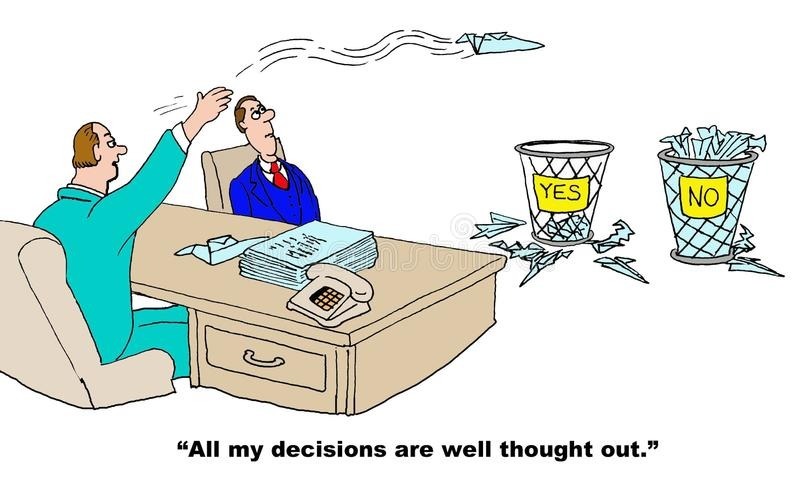
Research has shown that experiencing rudeness can affect people’s performance on subsequent tasks. A new study finds that it also heightens susceptibility to cognitive biases, or systematic flaws in judgment. Across four experiments, participants who experienced or overheard a rude conversation were highly likely to fall prey to the so-called anchoring bias, whereby people rely too heavily on the first piece of information they receive about a topic, even when it’s irrelevant or wrong.
In the first experiment, the researchers ran a simulation in which anesthesiology residents had to care for a surgical patient who became unstable. They had been given an intentionally misleading suggestion about what the problem might be. Half the group first heard a senior physician berate a colleague. Throughout the simulation all the residents had access to information that should have led to a correct diagnosis. Those who had heard the rude exchange were nearly 10 times as likely as the others to cling to the original, erroneous diagnosis.
The subsequent experiments found the same phenomenon in negotiations and tests of general knowledge and explored the mechanism behind it. Exposure to rudeness induces “negative arousal,” the researchers say, causing people to narrow their focus as they continue to work on their tasks.
There’s good news, though: Two of the experiments found ways to moderate the effect. Participants who were naturally inclined toward perspective- taking or were primed to think of others’ perspectives were less apt to engage in anchoring. Concentrating on the details of the task at hand and seeking additional information about it also helped. “Anchoring has been demonstrated to affect decisions in numerous contexts, such as negotiations, legal sentencing, financial forecasts, social exchange relationships, and pricing decisions,” the researchers write. “Our work provides some rays of hope by identifying steps that organizations can take to mitigate these effects.”
ABOUT THE RESEARCH “Trapped by a First Hypothesis: How Rudeness Leads to Anchoring,” by Binyamin Cooper et al. (Journal of Applied Psychology, 2022)





















